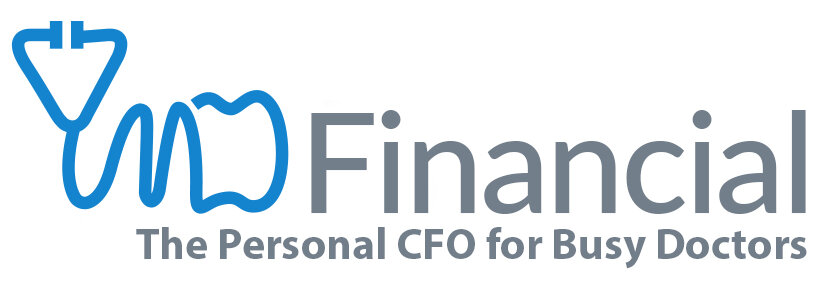By Josh B. Lantz, CRPC®
For our Residents and Fellows who are finally finishing their training, a big change in their finances can be purchasing their first home. A question we get a lot is “Should I rent or buy a new home?” For most doctors, we suggest renting the first 1-2 years on the job.
Part of the reason we suggest renting in the short term is there is typically a three to six year breakeven point on a home purchase. Meaning it could take that long to get all your money back. That’s because the majority of your home payment in the first few years is mostly interest and very little is principal. You aren’t building any home equity those first few years.
To make matters worse, when you sell you will also have to pay a realtor 6% to 7% of the sales price and you will need to cover other closing costs like taxes and association dues. In order for you to avoid losing money, your home will have to appreciate a great deal to cover these expenses while you own it.
The additional expenses of new furniture, lawn mowers, leaky roofs, and broken furnaces can make this investment even more costly. When you add all that up, it is hard to get to the breakeven point in less than three to six years.
The case for renting is even stronger for our doctors moving to their next job in a new state. Each major metro has unique things about it that aren’t available on the internet. Examples include where the best schools are located, or the area of town you enjoy the most and want to live by.
However, for some doctors it does make sense to buy a home. These are typically the cases where the doctor is already familiar with the area, has family there, and knows they will be in that location for over six years.
For those doctors we help calculate the amount of home they can afford. Each doctor’s situation is different because it depends on:
Income
State taxes
Federal taxes
Interest rates
The size of your student loan payments
Your other goals
Savings required for retirement
Living expenses
To calculate the size of home you can afford we use one simple trick----we work backwards. Once we find out your new income and where you will live, we solve for the large expenses to figure out what is left over for a house. That means we solve for your new taxes at a higher income, student loan payments, living expenses, future savings, and we come up with what’s left over.
This is crucial because if you don’t use this method you’ll end up buying a home that is too big and be house-poor. Then when it comes time to save, you won’t have enough money left over to save for your financial future or cover day-to-day expenses.
For example, let’s say we do that method and we decide $2,200 per month is left over to spend on housing. You can get a special doctor loan mortgage paying 0-5% down depending on which state you live. If you got 4% rates, you could roughly afford a $350,000 home.
To recap, most of the time it makes sense to rent when you start your first job. For those where it makes sense to buy, everyone’s situation is unique. We can help you work backwards to solve for how much home you can safely buy, so you avoid problems down the road. If you’re in your final year and looking at buying, make sure to reach out to us to calculate how much home you can afford. It can save a lot of stress down the road.
Josh Lantz, CRPC®, COO MD Financial and Financial Advisor
Josh works diligently with all our teams to coordinate the services we provide for our clients. He wants to make sure all our clients have sound, fiscally responsible, financial plans and feel more comfortable about their future. When not working, Josh enjoys skiing, mountain biking, and mixed martial arts. He can be reached at Josh@mdfinancialadvisors.com.

